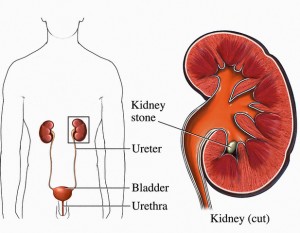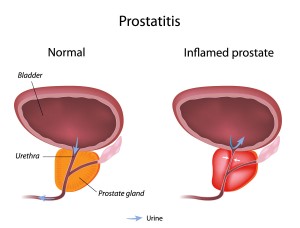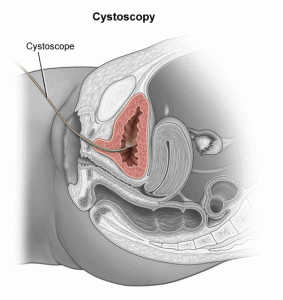Putting Patients First
Welcome to Fifth Avenue Urology, the practice of Dr. Yaniv M. Larish. We are located in Manhattan, in New York City’s beautiful Upper East Side. We offer the most advanced state of the art diagnosis and treatment for all problems of the male and female urological and reproductive systems.
Dr. Larish served as the former chief resident of Urology at Lenox Hill Hospital. Drs. Larish is focused on providing exceptional, detail oriented, unrushed, and compassionate urological care to men and women of all ages. At Fifth Avenue Urology, we view the ability to practice medicine as a privilege, not a right. They treat their patients with respect, professionalism and compassion.
Schedule an appointment today
212-675-3186

Yaniv M. Larish, M.D.
 Dr. Larish is a urologist and surgeon treating women and men with a variety of urological conditions. His expertise is in treating complex kidney stones, enlarged prostates (BPH), incontinence, erectile dysfunction, infertility, and urological oncology (prostate, bladder, kidney, and adrenal cancers). He is an expert in general urology and is often consulted for second opinions.
Dr. Larish is a urologist and surgeon treating women and men with a variety of urological conditions. His expertise is in treating complex kidney stones, enlarged prostates (BPH), incontinence, erectile dysfunction, infertility, and urological oncology (prostate, bladder, kidney, and adrenal cancers). He is an expert in general urology and is often consulted for second opinions.
Dr. Larish’s dedication to patients and their families drives his belief in prompt evaluation and care. He treats all his patients like family. As such, same day appointments are available for urgent issues and house calls can be made in select cases.




 Considering the reputation of the hospital is necessary for you to determine how urologists treat patients there. It includes pre and post-surgical care, professionalism of the staff and other services. A high-quality hospital pays attention to factors like these that result in fewer complications and an increased rate of survival.
Considering the reputation of the hospital is necessary for you to determine how urologists treat patients there. It includes pre and post-surgical care, professionalism of the staff and other services. A high-quality hospital pays attention to factors like these that result in fewer complications and an increased rate of survival. A kidney stone is a hard mass which can develop from crystals that separate from the urine within the urinary tract. If the crystals stay small they can travel through the urinary tract and can pass out of your body in your urine without even knowing it.
A kidney stone is a hard mass which can develop from crystals that separate from the urine within the urinary tract. If the crystals stay small they can travel through the urinary tract and can pass out of your body in your urine without even knowing it.
